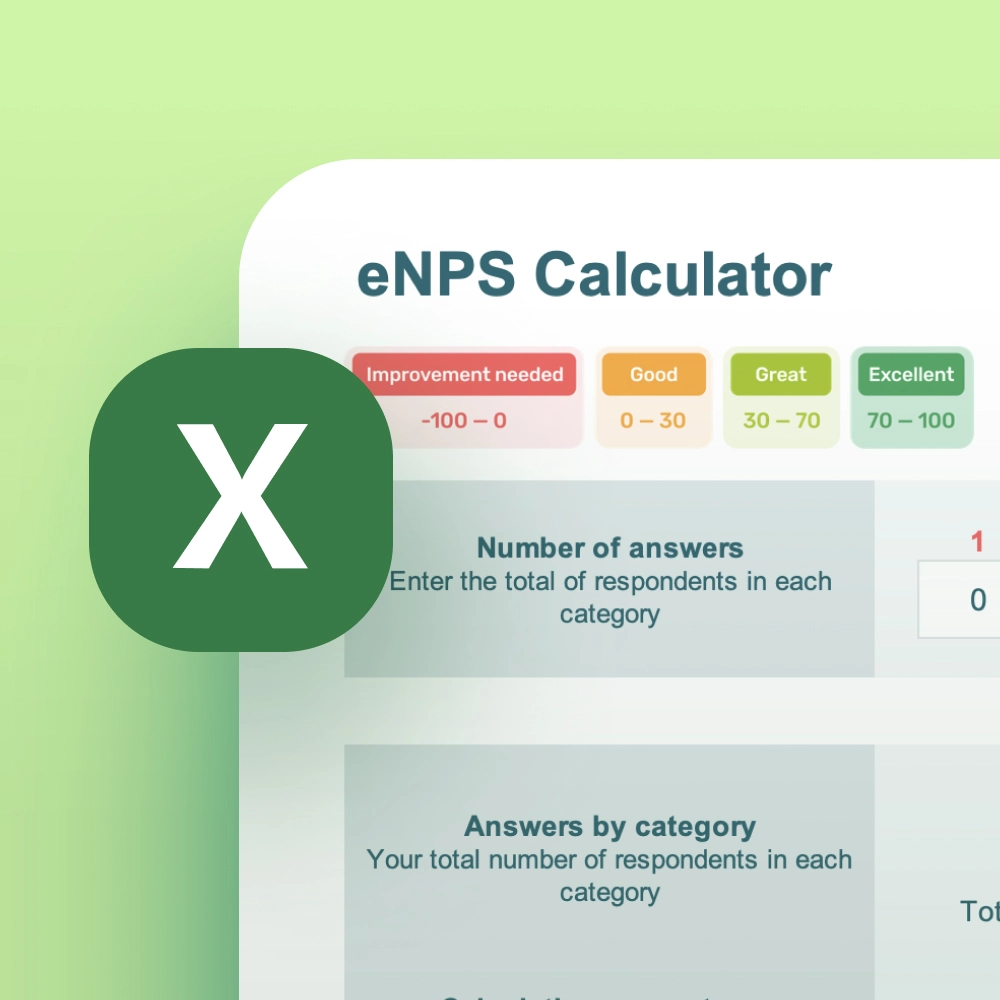A compensation policy, also known as a salary policy, refers to a document that defines all the rules governing the distribution of compensation offered by an employer to its employees.
Why Implement a Compensation Policy?
The benefits of implementing a compensation policy within a company include:
- Retaining talent
- Facilitating recruitment
- Increasing employee motivation
- Facilitating internal mobility
- Promoting pay equity within the company
- Anticipating payroll costs more accurately
- Complying with legal requirements
What Are the Different Forms of Compensation?
There are three forms of compensation generally used by companies:
- Fixed remuneration, such as base salary and bonuses that do not vary from one employee to another (PTO or overtime pay, for example)
- Variable remuneration, such as bonuses or premiums that may vary based on employee performance, seniority, or work schedule (night bonuses, for example)
- Indirect remuneration such as insurance, RRSP contributions, various allowances, or any other fringe benefits
How to Draw Up a Compensation Policy?
The steps involved in setting up a compensation policy are typically as follows:
- Take stock of the current situation (payroll, decision-making processes, compensation structure, etc.) and map out the positions of the company
- Assess current company practices (employee satisfaction, competitiveness, efficiency, etc.)
- Define HR and overall corporate objectives
- Conduct market research to better understand trends and average salaries for different roles
- Analyze the compensation policies of competitors
- Identify what employees on the job market are looking for in terms of compensation
- Define the fixed compensation and salary range for each of the positions of a company, based on levels of responsibility and skills required
- List the variable compensation, fringe benefits and non-financial advantages offered for each of the positions of the company
- Validate the legal conformity of the compensation policy
- Present the compensation policy to employees
- Survey employees to validate the success of the compensation policy
- Readjust the policy as necessary
What Are the Various Constraints Associated With a Compensation Policy?
The constraints associated with a compensation policy include:
- Purchasing power and employee commitment
- Legal compliance of the compensation policy
- Consistency with corporate strategies
- Salary competitiveness
- Attractiveness of the compensation policy
- Company financial constraints
What Is the Main Challenge of Compensation Policy?
The main challenge of the compensation policy is to ensure a balance between meeting company objectives, controlling the HR budget, and recognizing the work of employees, all while providing an appropriate salary on an individual level.









